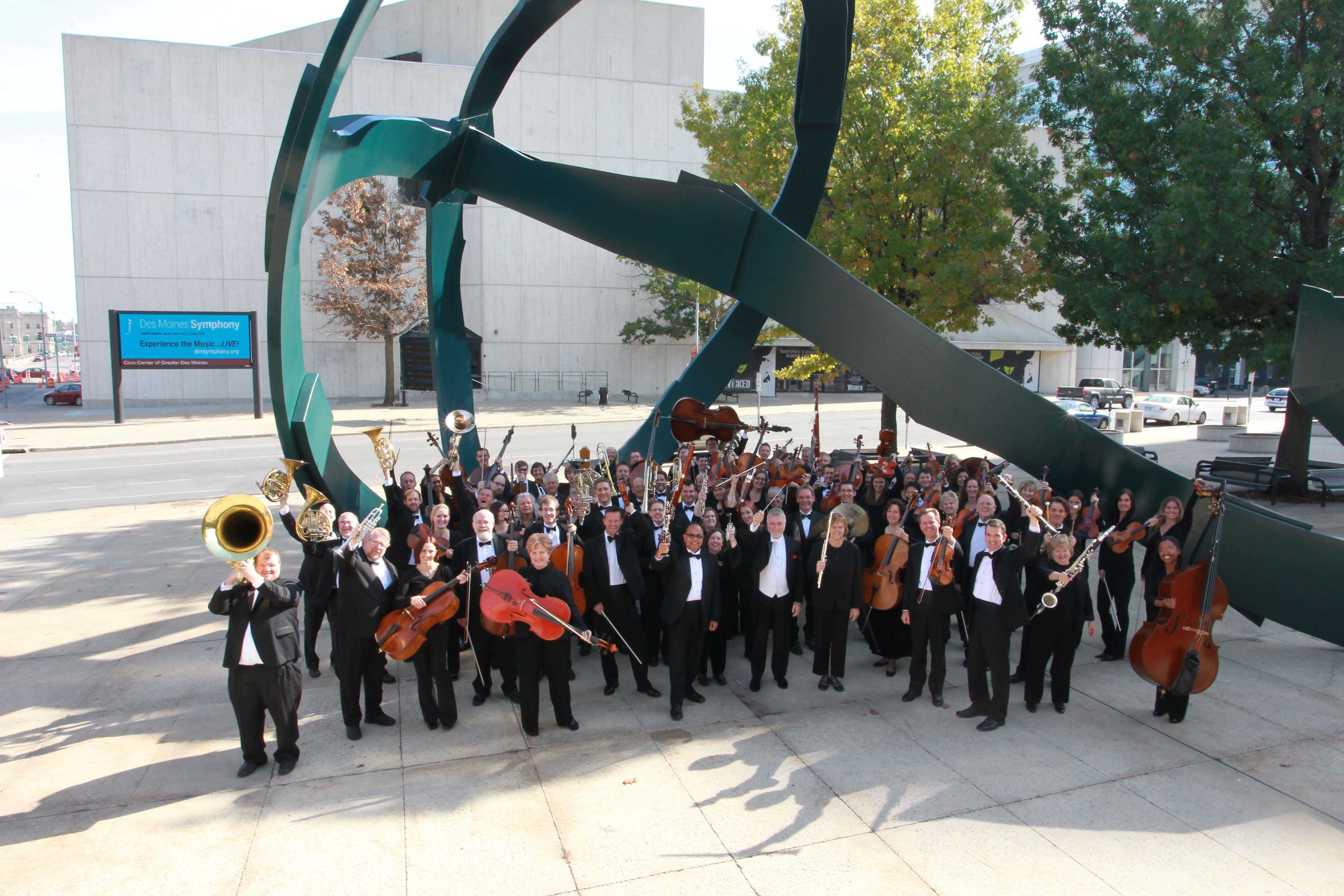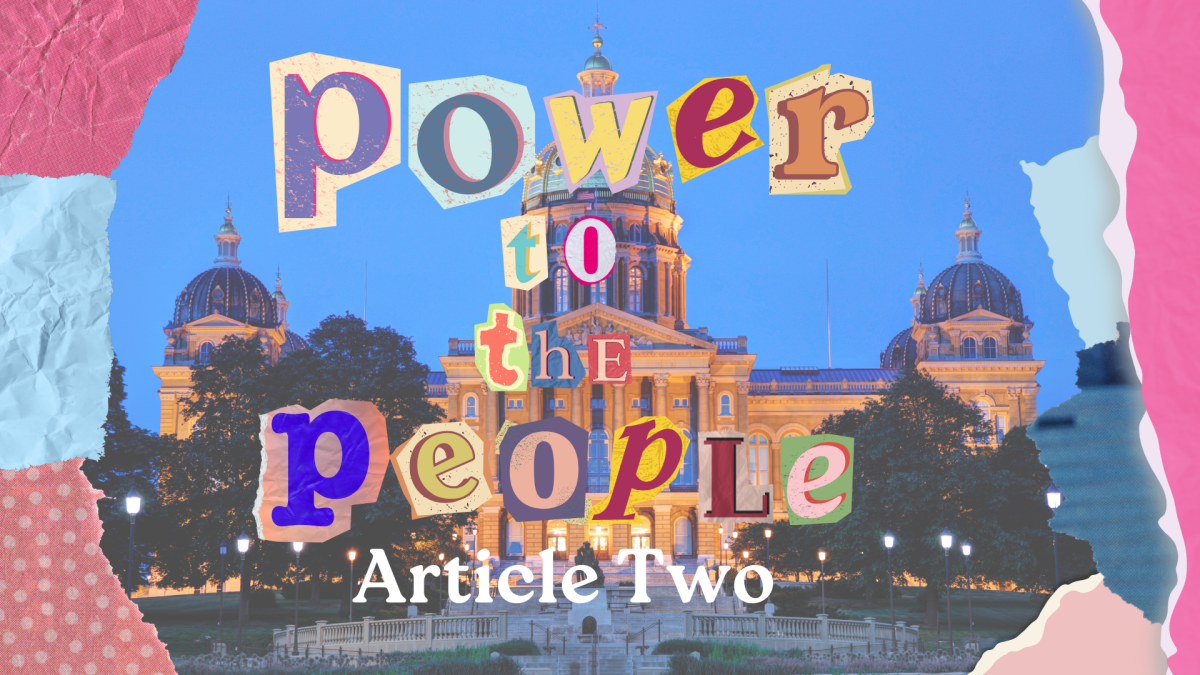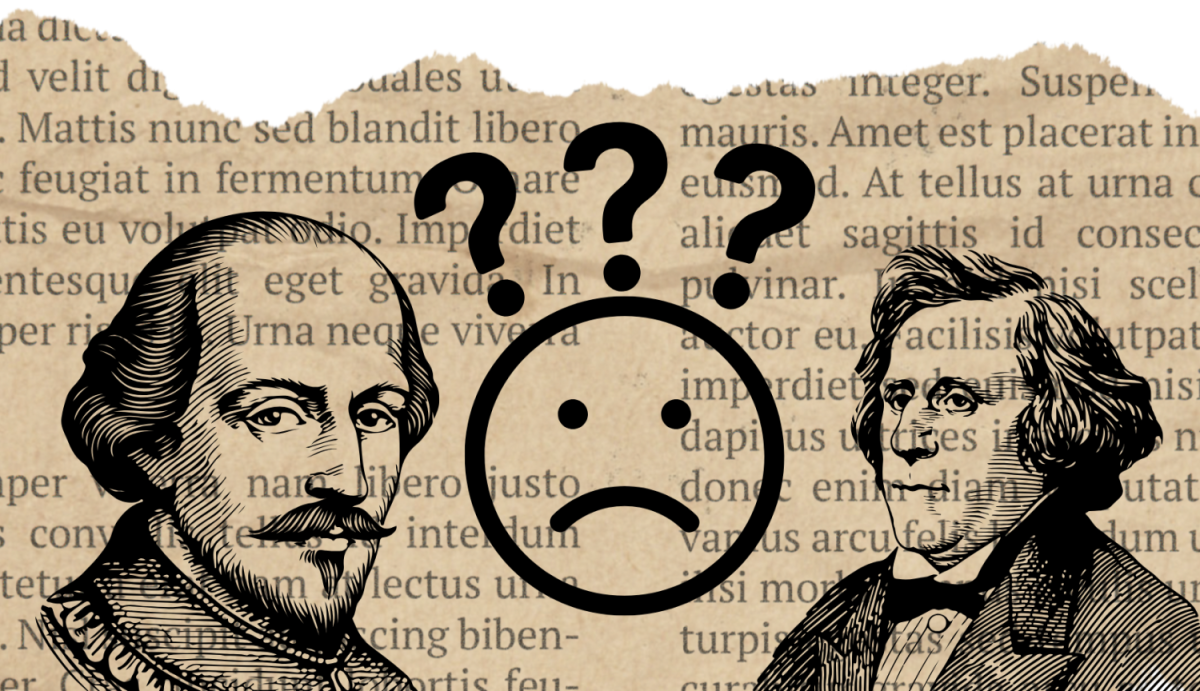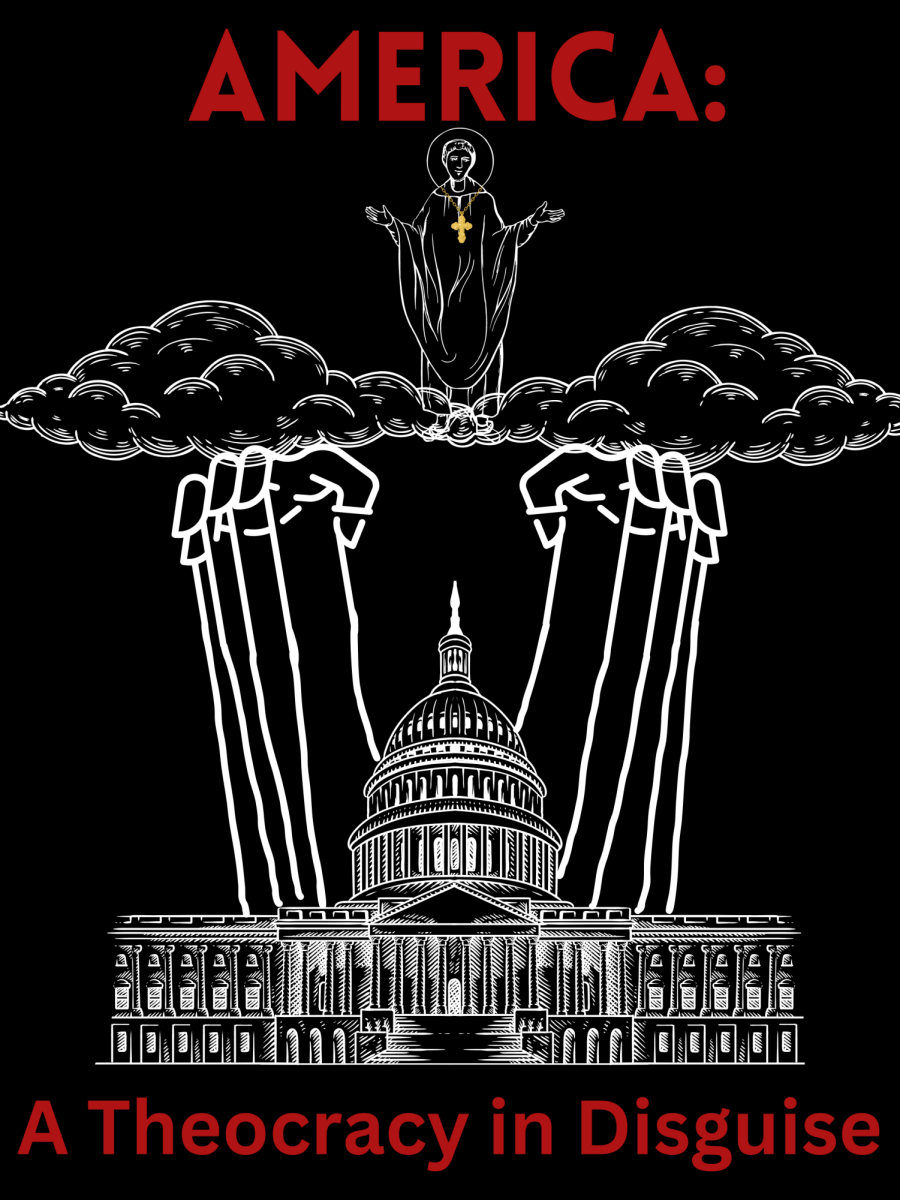The boring compositions by dead white guys. The stuff of stuffy old people. The music people put up with until pop music came around. If you think these are accurate descriptions of classical music, you are terribly confused. Not that it’s your fault, of course, as the music industry has lead you to believe that lie. But it’s time to put these fallacies to rest.
First off, let’s mention what isn’t classical music. It is not a film score (usually) and is not the theme from Star Wars by John Williams. It is not the loops used on a hip-hop track. It is not “Bohemian Rhapsody,” or “Bittersweet Symphony.” It is definitely not The Piano Guys.
Classical music has a long history, spanning almost our civilization’s entire musical history. Until the 1920’s, it was the popular music. But it does not all sound the same, as various periods have defined the genre. The most commonly thought of style is the Romantic period, the age of Beethoven. Next to that period, the early Baroque music and modern sounds have gone less noticed. Some styles of classical will appeal more to some than others, but they should not be lumped together into one narrow category.
“The difference between classical music and other genres is that it takes multiple hearings to understand,” band director Patrick Kearney said. “I like its intention to think through form.”
Of course, lumping classical music together is what the music industry does best. In the Grammy award cutbacks last year, four separate awards were trimmed, including Best Classical Album. This, coming from a ceremony that has best album, pop album, rock album, etc. seemed like a pretty harsh blow. But nothing compares to the standard music marketing strategy: “Classical is for old white guys, jazz is for old black guys.” If you think that seems unfair, check out the music section at Barnes & Noble, and see which sections are next to each other in the back.
While the music industry may be squandering classical music, the genre has seen a rebirth in the advent of the digital era. Radio stations like NPR are live streaming concerts all around the globe, and Internet music services make it possible for orchestras to publish themselves. Projects like the YouTube Symphony Orchestra and Whitacre’s Virtual Choir create connections for musicians through the online world. Computers have revitalized classical music.
So why, then, is classical music still an underdog? Cartoons. Gone are the days when Looney Tunes would introduce kids to classical music. In this new era of Hannah Montana, Jonas Brothers, and the like, kids are being raised on pop music instead. Classical apparently isn’t cool.
“It’s a taste for some people,” Kearney said. “I think tastes have evolved over time, to get to what we call pop music, but there will always be an audience for classical. I think a high percentage of those who come across classical music enjoy it.”
“Classical helps me think, helps me calm down,” junior Casey Briere said. “I like to drive fast to it, especially on the highway.”
Venezuela is one country where classical music is popular. The success of the government funded El Sistema program, which teaches young musicians from an early age throughout their school years, has seen resounding musical success while also keeping pupils out of the mob violence that plagues the cities. Similar programs have been started in England, and to a lesser extent, several large American cities. Without an organized program to teach kids from a young age, classical music will lose its audience.
Classical isn’t just for old people. It isn’t boring. It is some of the best music ever written, as is evidenced by its worldwide appeal and 400 years of existence. So keep your ears open, and listen. You might just like classical music.
Finale from The Firebird – by Igor Stravinsky
The Firebird was Stravinsky’s first major work, written as a ballet based on Russian folk stories. It was a resounding success, and propelled Stravinsky into a long, famous career.
“Mars” from The Planets – Gustav Holst
The music from The Planets have inspired countless film scores. Holst’s use of the orchestra has been copied by composers such as John Williams to give films a cinematic sound.
“In the Hall of the Mountain King” from Peer Gynt – Edvard Grieg
“In the Hall of the Mountain King” might just be one of the most recognizable piece of music ever. It’s been featured in countless films (including an industrial rock version in “The Social Network”), after originally premiering in a flopped play.
For a good classical beginner’s concert, check out the Des Moines Symphony’s April 13th and 14th concert program. It features the oratorio Carmina Burana, a work famous for its use in film as a soundtrack for impending doom. Tickets are $10 on the day for students with ID, and you can pick any open seat (including in the front row…).







